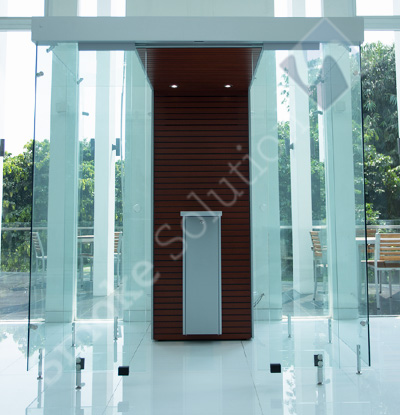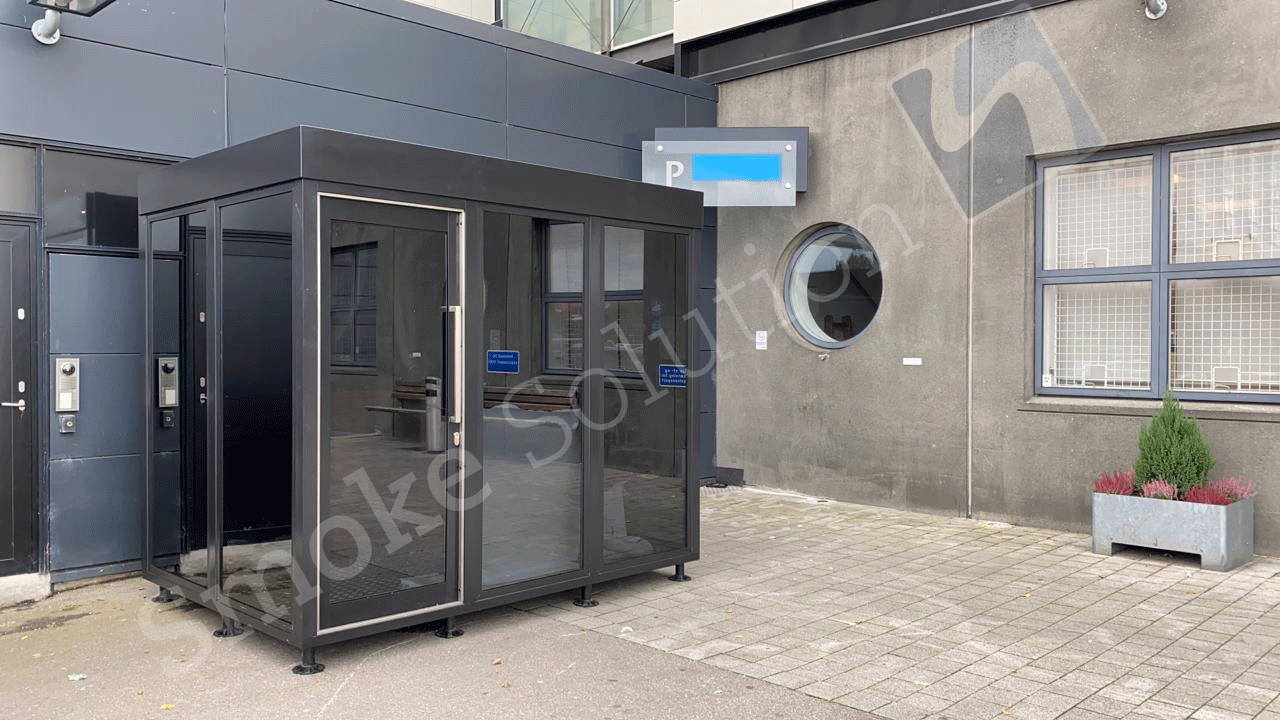Indoor air quality plays a significant role in respiratory health, and air cleaners have emerged as valuable tools for improving the air we breathe. From reducing allergens to filtering out pollutants, these devices offer numerous benefits from a medical standpoint. Let’s delve into how air cleaners contribute to respiratory wellness from a medical perspective.
Understanding Respiratory Health
Respiratory health encompasses the well-being of the respiratory system, including the lungs, airways, and related organs. Poor indoor air quality can exacerbate respiratory conditions such as asthma, allergies, and chronic obstructive pulmonary disease (COPD), leading to symptoms such as coughing, wheezing, and shortness of breath. Maintaining clean indoor air is crucial for managing these conditions and promoting overall respiratory wellness.
Role of Air Cleaners
Air cleaners, also known as air purifiers, are designed to remove airborne pollutants and allergens from indoor air, thereby improving its quality. These devices employ various filtration methods, including High-Efficiency Particulate Air (HEPA) filters, activated carbon filters, and ultraviolet (UV) germicidal irradiation, to capture and neutralize contaminants.
Filtering Out Allergens
One of the primary benefits of air cleaners is their ability to remove allergens from the air, such as pollen, dust mites, pet dander, and mold spores. For individuals with allergies or sensitivities, reducing exposure to these allergens can alleviate symptoms and improve overall quality of life. Air cleaners with HEPA filters are particularly effective at capturing small particles, providing relief for allergy sufferers.
Removing Airborne Pollutants
Air cleaners also play a crucial role in removing airborne pollutants that can exacerbate respiratory conditions. Common indoor pollutants include volatile organic compounds (VOCs), tobacco smoke, and particulate matter from cooking, cleaning, and household products. By filtering out these pollutants, air cleaners create a healthier indoor environment, reducing the risk of respiratory irritation and exacerbations.
Conclusion: Promoting Respiratory Wellness
In conclusion, air cleaners offer significant benefits for respiratory health from a medical perspective. By effectively removing allergens and pollutants from indoor air, these devices help alleviate symptoms of respiratory conditions such as asthma and allergies, while also reducing the risk of respiratory infections and irritations. Investing in a high-quality air cleaner is a proactive step towards promoting respiratory wellness and maintaining a healthy indoor environment for you and your family.


